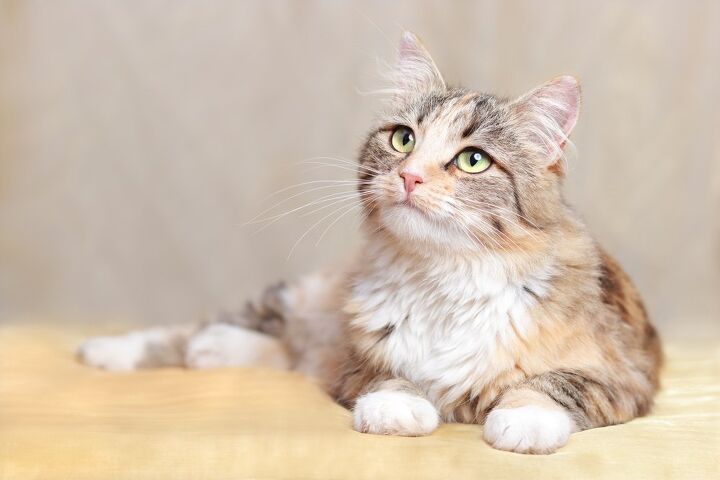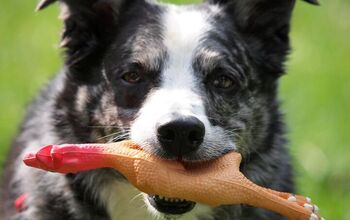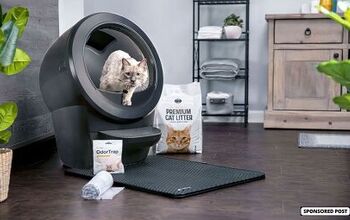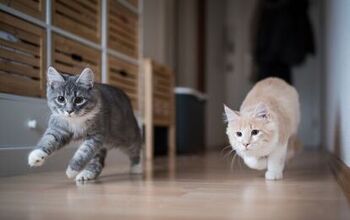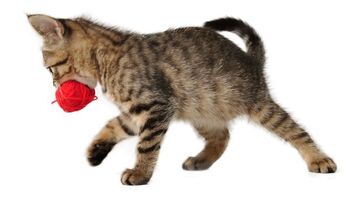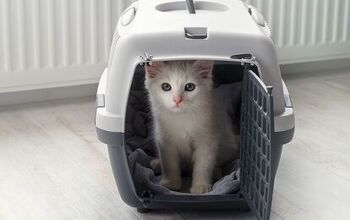An AI App Helps Vets Diagnose Cats By Detecting Their Pain Levels

Every cat owner has wondered what their cat is thinking about - at least once in a while. You see your feline friend just standing there in the corner, its gaze fixed on something and its expression a true enigma. Sadly, it’s not that easy to read a cat’s emotions, so most of it just remains a mystery. Until now, that is.
An Alberta-based company is developing an app that could change the way we see cats and their emotions. The innovative AI app is named Tably, and it aims to help vet clinics assess a cat’s pain more easily. Susan Groenveld, one of the developers of Tably, said that felines visit the vet far less than dogs.
"And when you really unpack that, it's because they hide their pain. When a cat is in pain, they go and hide under the bed, versus a dog that'll present to the owner, like kids do," said Groeneveld, the founder at Sylvester.ai, the company developing the Tably app. "I thought, wouldn't it be cool if everyday people that love their pets would know if their animal may be demonstrating pain."
An earlier version of the app already showed remarkable success, with tens of thousands of downloads around the world. Susan Groeneveld said that those early stages of the app acquired around 54,000 downloads in just a week, showing that there is a big need for something like this.
"This told us that people were really, really interested in it," she said. "But we really wanted to make sure that it was validated and veterinarians actually supported it because it was a really easy opportunity for us to become a novelty."
As the work progressed, the app had been clinically tested by both veterinarians and pet owners in the United States, Canada, as well as in Europe. It is expected that the app will arrive in the digital market in the U.S., Singapore, and France in January. And for Canada, the app should see a release this fall.
How does Tably work? The app uses special algorithms that apply standards and facial pain scores that vets previously created. With that, the vets can review the results and better assess the cat’s state.
"We believe our technology will make it more accurate because there's less human bias in the subjectivity of the assessment," Groeneveld said.
Positive reviews have been overwhelming so far, many of them coming from respected vets. Dr. Liz Ruelle, a vet at the Wild Rose Cat Clinic in Calgary, Alberta, is on the advisory board for the Tably app. Her involvement is very important for the developers, and Dr. Ruelle used the app in her practice.
In fact, Dr. Ruelle states that she definitely plans on using the app in her future work and said for Yahoo:
“When a cat experiences pain, its eyes and eyelid positions change and they shift their ear positions. Like if we're in a good mood and we smile, we could think of how our cheeks are uplifted. We see the apples of our cheeks. If I had whiskers on my cheeks, then I would have that same uplifted, happy whiskers," she said. "But when I'm feeling sad, or headache, or painful, then those facial muscles start to sag down … instead of being upright and perky whiskers, they would be kind of dropping down the face."
The best thing of all - the app won’t be exclusive to vets. Groeneveld and Ruell stated that a special lite version is planned, which will be aimed at pet owners to use at home. No exact dates have been provided, however.

A proud mama to seven dogs and ten cats, Angela spends her days writing for her fellow pet parents and pampering her furballs, all of whom are rescues. When she's not gushing over her adorable cats or playing with her dogs, she can be found curled up with a good fantasy book.
More by Angela Vuckovic



